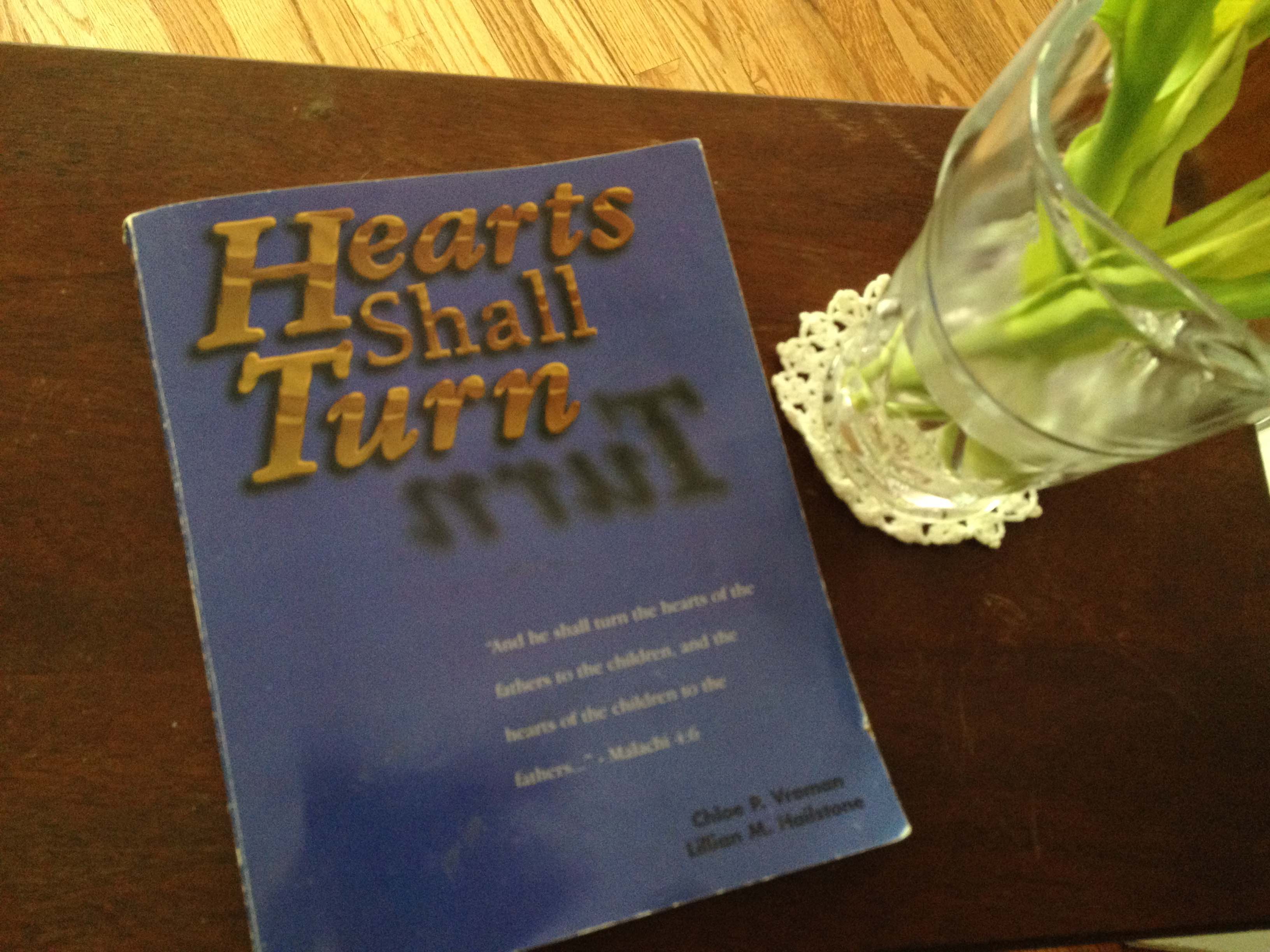
Combining Historical Research with Family Lore
Go Back to Lesson 8.
Even though this is a writing course–and hopefully will get you to write your thoughts down in a pleasant, non-threatening atmosphere–this lesson calls for a little more than just sitting down and writing.
lesson calls for a little more than just sitting down and writing.
Where did your family legends come from? Is it true Abraham Lincoln slept in your mother’s uncle’s mother-in-law’s childhood bed? Maybe you’re just curious about all of the people that lived in the house you grew up in. Or maybe you grew up with stories about a relative who fought valiantly in a war. Learning, and writing, about non-family history, as it relates to your own family history, can add flavor to your writing.
Much history is on the Internet, and with little effort, a quick search can explain what was happening at a certain period of time. Matching these events with the story you know about your family can be an interesting exercise. It will either show you that the story has been stretched “just a tad,” or it will validate it.
The Family History Library, or Stake Research Centers, offers personal family records, as well as historical documents, that will help you paint a picture of the life and times of your family. County Courthouses, libraries, etc., are additional places that can give you facts to add to your personal storytelling.
Is there a cousin, friend, missionary companion, who can tell a family story from their point of view? Wouldn’t it be interesting to write about each side of the story?
There is no need to dig deep (unless you want to), but this kind of research can fill in the holes of your life story, or help you understand yourself better. You may not find much usable information, but then again, you may find just enough history to make your writing become rich with color.
Challenge:
If you know a family legend that mentions a war, a business, a historical event, a famous person, a famous time and place, do some research and add those findings to your family story. Even if the story doesn’t quite line up, or maybe turns out to be completely false, or maybe it is validated through your research, write down, and share your findings.
Places to look:
- Call, or write extended family, neighbors, missionaries, and acquaintances.
- Family History Library, Salt Lake City, Utah, or Stake History Library Centers
- Church History Library, Salt Lake City, Utah
- City, County, State Records
- Wikipedia—which seems to know everything about historical events.
- Google Search—you can search all kinds of sites, reports, books, newspapers, magazine articles, etc. that may help you learn about a time period, event, or person.
- Library books at local libraries or university libraries
